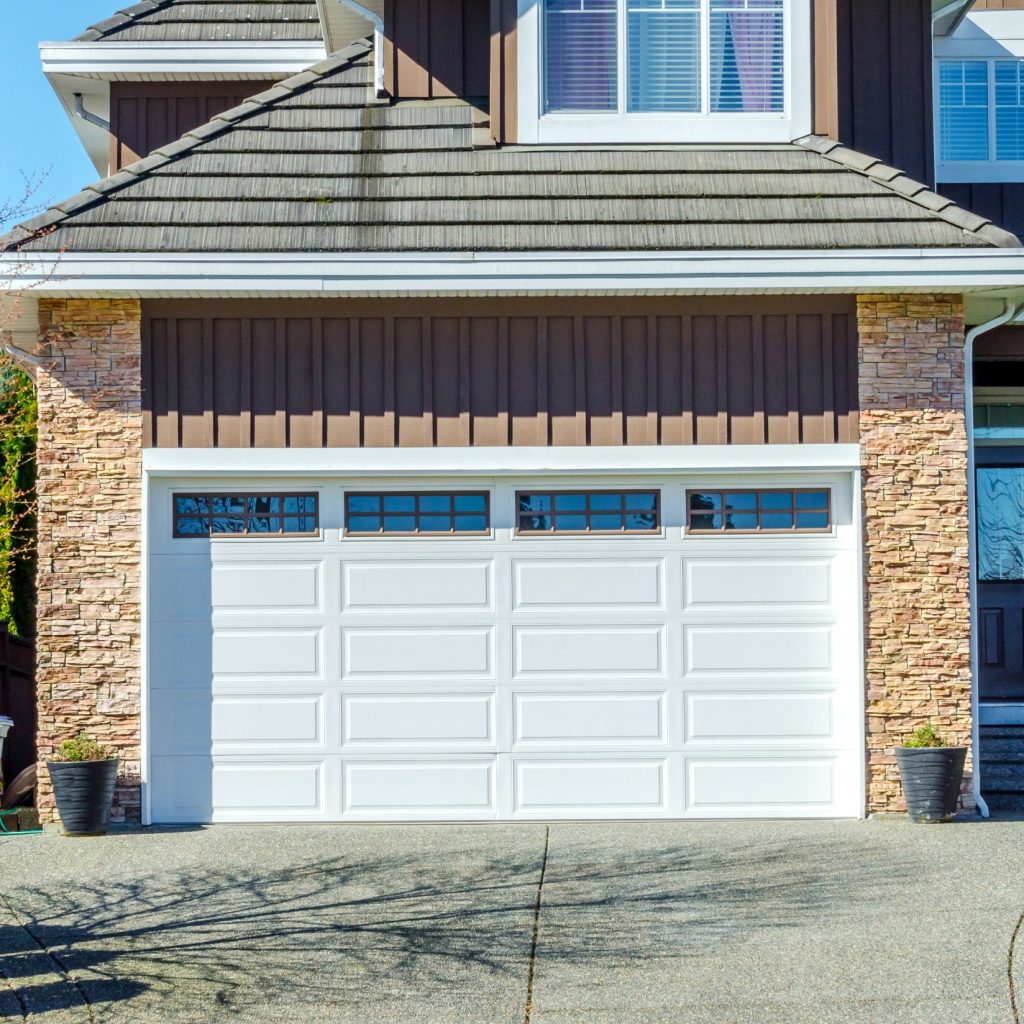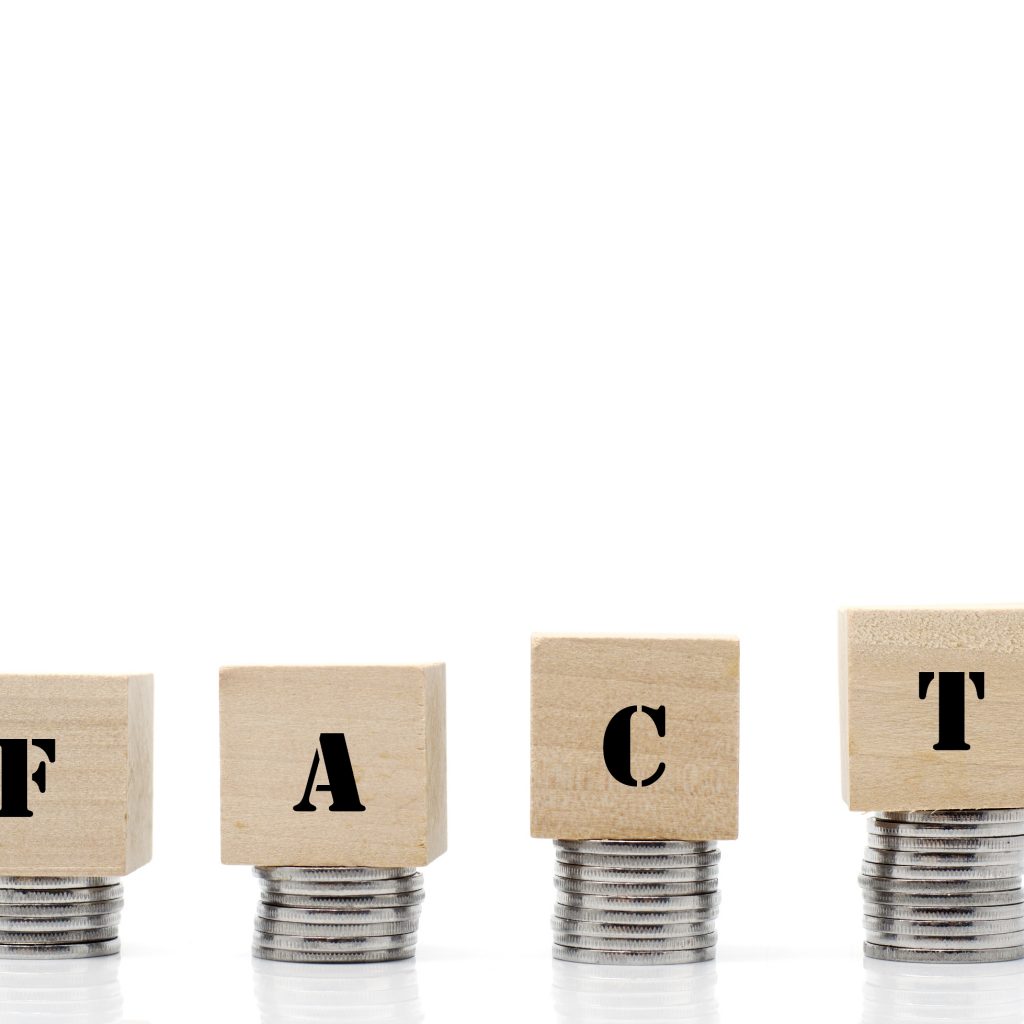
Is it a good time to buy a house? Specifically, is it *still a good time to purchase a new home? Below, you will learn the best time to purchase a home or when to buy a house, plus some tips.
Truth is, owning a home has always been a part of the American Dream but the economic climate in the country now is different from it was a couple of months ago. This is because COVID-19 affected many different industries, including real estate. So is it a good time to buy a house?
There is considerable uncertainty about the next couple of months, including whether the healthcare crisis in the US will even be over in the next couple of months. So, could this still be a good time to purchase a home even as an investment?
As buying a home is a huge property investment, it is vital to be educated and have all the facts before you jump in. After you have some basic understanding of what homeownership entails, you have to carefully consider whether you are really ready to buy.
(READ: How is the Coronavirus Affecting Interest Rates?)
Buying a Home Now: A Mixed Bag
One of the best reasons to purchase a home now is that mortgage rates in the US are at an all-time low. If you are a buyer with a credit score of at least 760, then you could be eligible for a 3.301 percent APR on a thirty-year fixed mortgage, as per myFICO.
That means a monthly payment of only $876 for a $200,000 home loan. On the other hand, buying a house now is also a challenge. Here is why. Starter homes are currently in short supply. This is why now buyers have fewer choices.
There were 1.42 million units at the end of January, including co-ops, condos, and single-family homes, up 2.2% from December, but down about 10.7% from the same time last year, as per the National Association of Realtors.
Actually, the property market now is largely a seller’s market, and this gives buyers considerably less wiggle room to negotiate.
Is it a Good Time to Buy a House? (Some Tips)
It is no secret that a high saving account balance typically puts you in a great position to purchase the home that you want. However, it is even more crucial during an economic recession, when the job market can be unstable.
How Much Do You Have In Savings?
Experts recommend that having 20 percent of a home’s total price in your bank account for a down payment is ideal. You also have to consider about 4 percent to 6 percent extra for closing costs, and a sufficient amount to cover 3 to 6 months of living expenses and costs in case of an emergency. If you have saved enough, then it could be the right time to buy a home.
Is Your Current Debt Load Manageable?
Keep in mind that your debt-to-income ratio is the measure of your monthly debt obligations in relation to the income you earn. The lower the ratio is, the higher your chances of approval for a mortgage. In addition to home loan approval, note that having less debt also means you are better equipped in order to take on the various expenses of a home.
This is why you should not focus on this ratio alone, and think about how you will manage the debts that you already have. Therefore, if you can pay these debts easily, then borrowing more money in the form of mortgage is something you may swing. On the other hand, if you are already struggling with excess debt, you may want to hold off.


